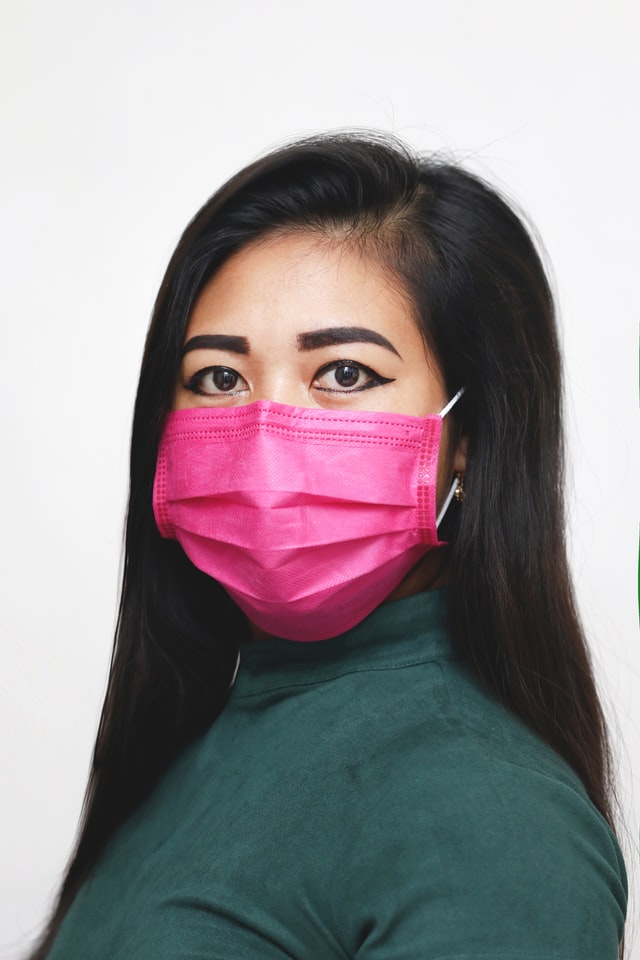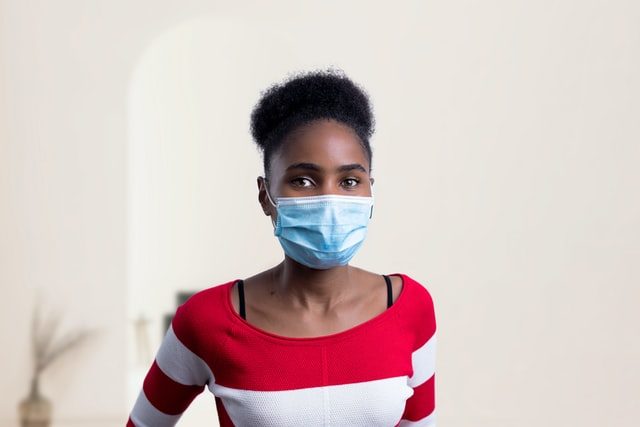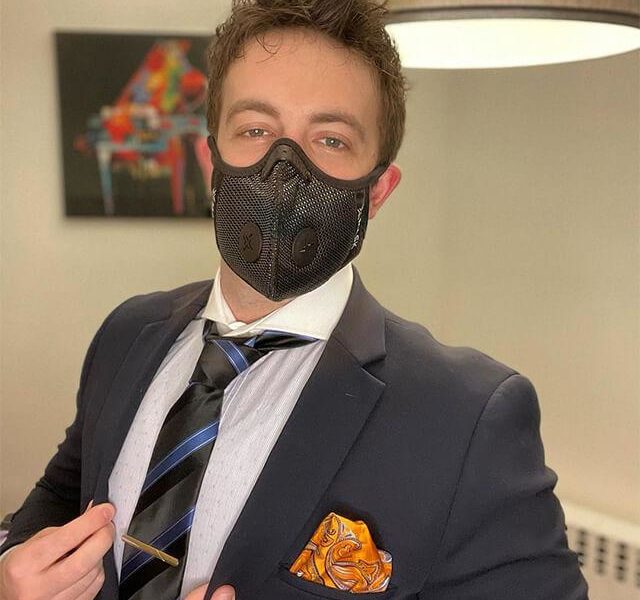
Asian Facemask Culture vs American Individualism
Facemasks are more accepted in Eastern countries as compared to those in the West. In the United States, masks are not popular in general. Sometimes on the notions of liberty and sometimes with absurd arguments based on conspiracy theories. Why is it that masks have sought more acceptance in Eastern counties? Let’s compare the ways facemask culture has been received in the West and the East.
Facemask Culture in Asian Countries
The facemask culture in Eastern Asia is predominantly present ever since the Spanish Flu outbreak of 1918. The facemask provides a sense of security. Japanese nationals, for example, also wear facemasks to protect their identities. In countries like China and India, cities like Beijing and Mumbai have a lot of air pollution which compels their citizens to protect themselves by adopting the facemask culture.
In countries democratic East Asian countries like South Korea, mask wearing is a civic duty which has to be honored. People consider it is as a danger to society if they don’t wear masks. (and rightfully so!)
American Individualism And The Facemask
“We want our country back. We’re not going to be wearing facemasks forever”
Donald Trump
Even though most Americans prefer wearing facemasks when in public, the facemask culture is generally not accepted. It is a stigma with the mask which prevents people from wearing it. To some people, it simply ruins their fashion appeal. Most people have also attributed mask wearing to be ‘chicken-like’ and not being ‘brave’ enough.
It even so happens that if you wear masks when in public, people stare at you strangely. It happens mainly because they suspect that you might have something.
In the United States, the split exists greatly. Between those who think masks should be worn and those who think the compulsion to do so is a violation of civil rights. The ‘see me’ obsession has a role to play in this fiasco as well which in itself is a direct consequence of liberty.
Final Thoughts
If one thing is certain, it is that facemasks are here to stay. Vaccinations drives across the world are happening rapidly, but it will still take time for the world population to build sustainable immunity. Until then, only prevention can help people live their lives. Generally, people in the United States and those in most Western counties do not accept facemasks as important articles of clothing. Their decision does not change the fact that they are highly important in protecting individuals and the general public.



